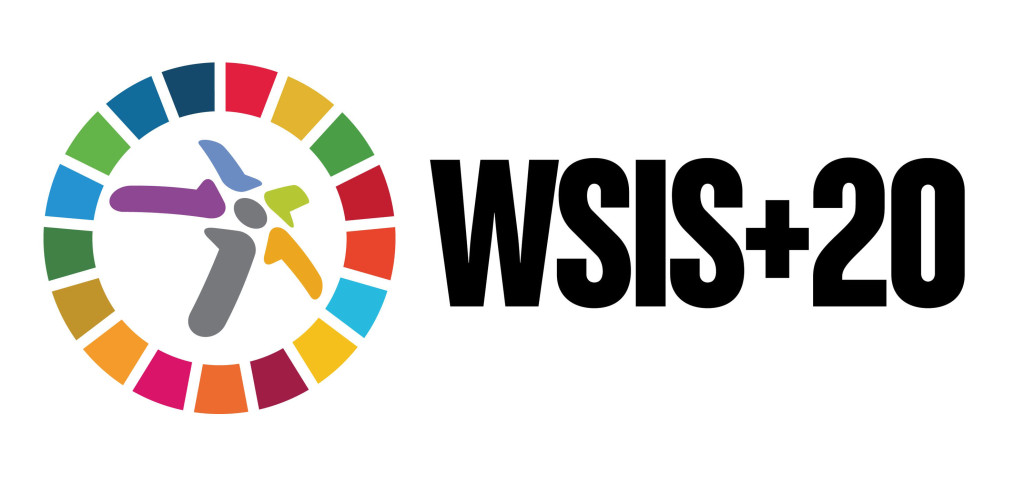PC calls for stronger equity, accountability, and environmental safeguards in WSIS+20 negotiations
In its detailed submission to the WSIS+20 Zero Draft, the Association for Progressive Communications (APC) supports the overall direction of the document but calls for clearer commitments on human rights, digital equality, and environmental sustainability. The organisation urges states to move beyond market-driven solutions and adopt community-led, rights-based approaches to digital governance.

The Association for Progressive Communications (APC) has published a detailed set of comments on the World Summit on the Information Society (WSIS)+20 Outcome Document Zero Draft, which will shape global digital governance discussions through and beyond 2025. APC, a long-standing civil society network advocating for equitable access to technology, welcomes the inclusive tone of the draft but proposes stronger measures to ensure that human rights, sustainability, and public interest remain central to the WSIS+20 process.
APC begins by commending the co-facilitators for reflecting diverse perspectives and calls for the same level of openness throughout negotiations. It emphasises that all preparatory meetings should be open to observers, transcripts should be publicly available, and closed sessions should be limited to the final stages. The APC argues that transparency is essential to preserve meaningful participation, especially given growing barriers for civil society to attend UN processes in person.
The submission identifies several persistent challenges that must be addressed if WSIS goals are to be fully realised. These include ongoing digital inequalities, insufficient financing for infrastructure and capacity building, weak accountability in digital governance, uneven application of human rights standards, and the environmental impact of rapid digitalisation. APC argues that these issues are interlinked and require a holistic response.
Among the sections it supports without reservation, APC highlights the Zero Draft’s alignment with the sustainable development goals (SDGs) and the Global Digital Compact, its reaffirmation of multistakeholder cooperation, its recognition of human rights and gender equality, and its decision to make the Internet Governance Forum (IGF) a permanent platform. The APC also commends the inclusion of environmental considerations, particularly commitments to impact assessments and sustainability reporting.
However, APC believes that the draft needs stronger and more actionable commitments. It calls for states to move beyond market-led approaches to connectivity, arguing that such models have failed to achieve universal access. Instead, it advocates for community-led and public-interest connectivity initiatives supported by regulation and public funding. To close the gender and regional digital divides, APC urges measurable targets and resources to support women’s leadership in digital policymaking and STEM education.
The organisation also proposes the creation of a dedicated WSIS Financing Task Force to explore new funding models, including development bonds, reform of universal service funds, and taxation of dominant transnational digital companies. It references the 2025 Financing for Development conference outcomes as a framework for this mechanism.
On environmental issues, APC expands the draft’s provisions by calling for mandatory human rights and environmental impact assessments across the entire lifecycle of digital technologies—from mineral extraction to data centre operations. It urges companies to adopt clear pathways toward net-zero emissions and for governments to ensure public consultation when digital infrastructure affects land and communities.
In the area of cybersecurity and digital trust, APC insists that security policies must remain consistent with human rights principles and gender equality commitments. It references UN working group reports that outline capacity-building principles grounded in inclusivity, human rights, and non-discrimination. The group also highlights the need for protection against online gender-based violence, disinformation, and surveillance, especially for vulnerable and marginalised groups.
A significant portion of the submission focuses on the responsibilities of both states and private companies. APC urges governments to hold corporations accountable under the UN Guiding Principles on Business and Human Rights and calls for safeguards for encryption, anonymity, and data protection. It stresses that freedom of expression and media independence must not be compromised by digital regulation, particularly in efforts to combat disinformation or manage online content.
Finally, APC supports the proposal to make the Internet Governance Forum a permanent body under the UN but suggests reviewing its leadership structure to enhance coordination and visibility. It views the IGF as the most suitable space for multistakeholder dialogue on not only internet governance but also broader digital policy issues, including artificial intelligence and data governance.


